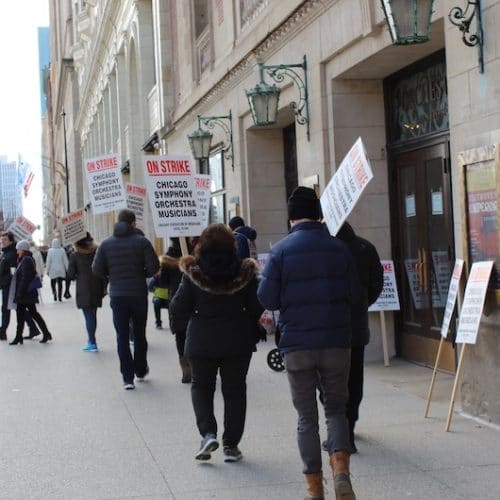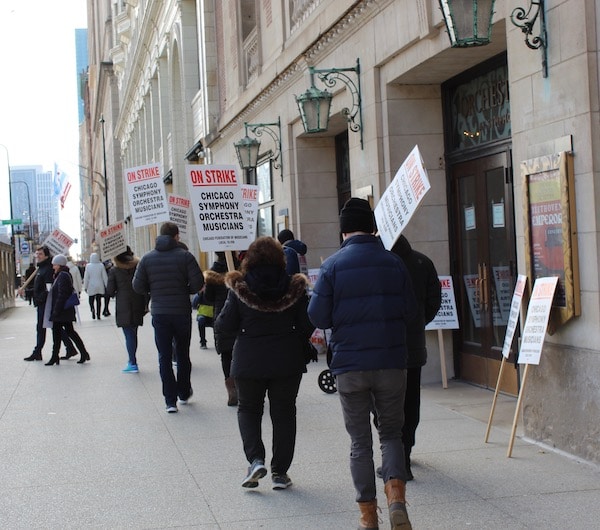Chicago starts cancelling into May
mainJust in:
CHICAGO –The Chicago Symphony Orchestra Association (CSOA) announces the cancellation of the Symphony Center Presents (SCP) Jazz series concert featuring Chick Corea and Béla Fleck scheduled for Friday, May 3, at 8:00 p.m. This performance at Symphony Center has been canceled due to uncertainty caused by the current strike by musicians of the Chicago Symphony Orchestra.







Comments